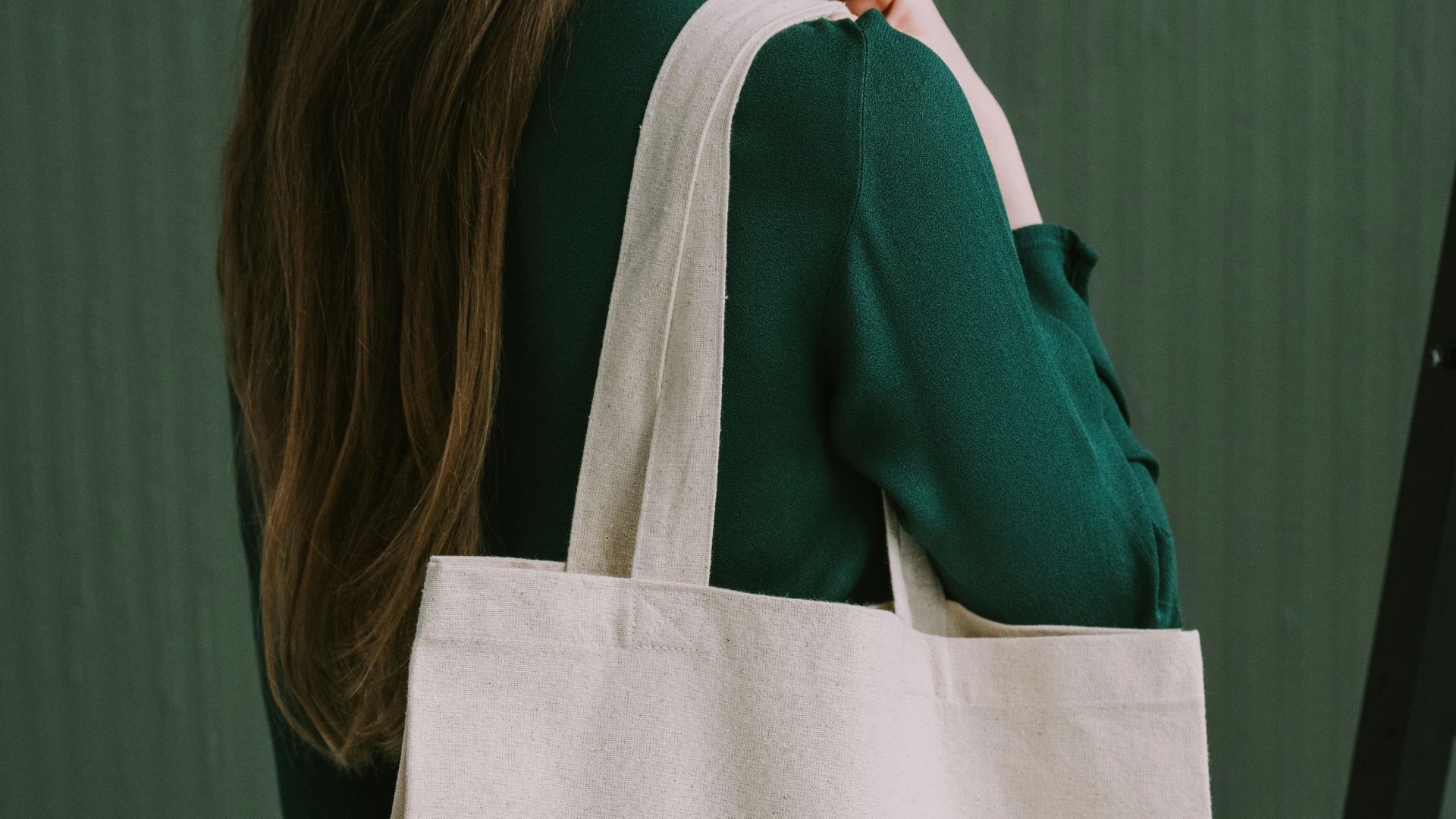News
IP Ingredients: The companies making – and patenting – alt coffee
octobre 2025
How do you like your coffee? Frothy or flat? Milky or black? Oat-milk or soy? How about coffee which isn’t derived from coffee beans?
Coffee is the second most traded commodity after oil. However, with rising coffee consumption comes more deforestation, greater use of pesticides, higher water consumption and reduced biodiversity. That’s why a number of start-ups are turning to beanless coffee as a sustainable solution to the caffeine-fuelled market.
As in the alternative protein space, which produces meat without animals, beanless coffee or “alt coffee” can be made a number of ways. While some companies are using upcycled plant ingredients to replicate the taste of coffee, others argue that such replicas fall short of delivering the complex combination of aroma compounds that make coffee unique. This is where cell-based technology comes in. By culturing coffee plant cells in a lab, all of the compounds which contribute to the taste and aroma of coffee can be captured.
However, cell-based coffee companies face a number of challenges – as well as achieving consistency in flavour, the product must be scalable and obtain regulatory approval as a novel food. Therefore, to be economically sustainable, start-ups in the alt coffee space will need an IP strategy that ring-fences their unique technology, blocks competitors and enables them to leverage the significant funding needed for R&D in this highly technical area. Below we look at some of the companies and researchers developing cell-based coffee, their IP strategies and potential challenges.
VTT
Researchers at the Finnish Technical Research Centre (VTT) are said to have brewed the first coffee from lab-grown cells in 2021. Their research, reported in the Journal of Agriculture and Food Chemistry, focused on the effect of different roasting conditions on the sensory attributes of the coffee.
Two patent families have recently been filed by VTT relating to the production of cell-based foods. The first relates to a method which involves drying cultivated plant cells, processing the dried biomass into a powder and pressing to form a tablet, which can then be roasted. However, since steps such as drying, roasting and tableting are considered common in the field, VTT will need to find a way of distinguishing its method from known processes.
The second patent family relates to fermenting cultured plant cells with microbes to improve flavor and/or odor. At present the patent claims are very broad, covering any plant cells and any fermenting microbes. Unsurprisingly, it is the European Patent Office’s view that since the outcome is highly dependent on the type of cells and the type of microbes, the generic method does not provide a solution to a particular technical problem across its scope and so is not considered inventive. Fortunately, the application contains a number of examples which compare the effects of different microbe combinations on the sensory properties of cultured coffee biomass and resulting beverages. If needed, VTT will be able to use this data to support an argument that the use of certain microbes to achieve particular sensory effects could not have been predicted and is therefore inventive.
PluriAgtech
Israeli company Pluri is developing cell-based coffee under its subsidiary Ceffeesai. The company has filed a family of patent applications for a bioreactor containing a packed bed chamber for the 3D cultivation of plant cells. While one member of the patent family has been granted in Israel, applications remain pending in Australia, China, Korea, Europe and the US.
A particular challenge for innovators in the apparatus field is that bioreactors developed for cultivating a particular plant cell must be novel and non-obvious over all existing bioreactors which are used for growing any type of cell. The particular use (e.g. for cultivating coffee plant cells) does not render a known apparatus novel unless it has been specifically adapted in some way for that use. It is therefore important for patent applicants to describe any optimizations of the apparatus they have had to make in their applications, to provide a range of fall-back positions should the main claim be found to lack novelty or inventiveness over known products.
Food Brewer AG
Swiss company Food Brewer has developed a new process inspired by brewing. The company’s recently published international patent application claims a method for producing a suspension culture of plant tissue particles. While Food Brewer is focusing on coffee and cocoa, the method it aims to patent is not limited to coffee plants but could be used to culture other plant cells such as cereals, nuts, fruit and spices. A broad method patent which covers multiple plant types could be very valuable, enabling the company to diversify into the production of other cell-based foods.
To get broad claims granted, the national patent offices must be convinced that the claimed technology works across the scope of the patent claim. In other words, in order to protect a generic method which is not limited to particular plant or type of plant, it must be reasonably expected that, based on the experimental data in the patent application, or scientific rationale which is supported by evidence, the method will work for all plants. Since Food Brewer’s patent application only exemplifies the method using cacao beans, it will therefore need to persuade the patent offices that the method works for other plants in order to obtain a claim which covers coffee.
We can see from the above examples that innovators are taking different approaches to solving the problems of providing cell-based coffee, and that an IP strategy needs to be tailored to the particular solution. While alternative coffee is relatively new, cell culture technologies are not. Those wishing to secure patent protection for new bioreactors have to navigate around a crowded prior art field, while those pursing new methods may have to present extensive data to support broad claims.
The companies that succeed will be those who not only discover the most effective solutions to the key technical problems in the field – achieving a great coffee taste, and scale-up of cell culture – but those with robust IP that maps onto that solution.
For any questions relating to the above, please contact the author, Jennifer Bailey at jbailey@hgf.com.
This article was written by Partner and Patent Attorney Jennifer Bailey






























